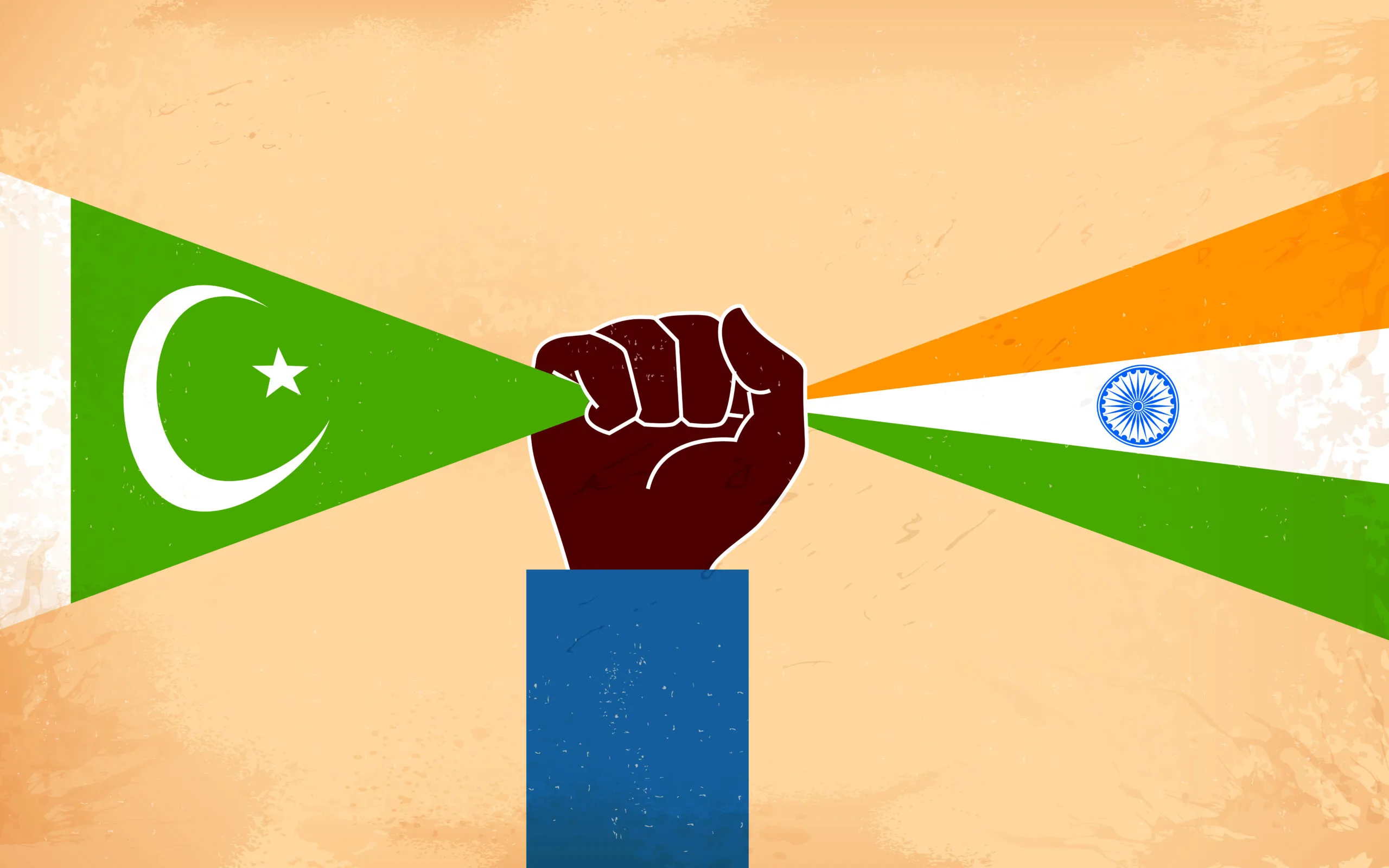
India’s external affairs minister Subrahmanyam Jaishankar’s assertion that Pakistan sponsors terrorism at an “industry level” warrants a nuanced response. Pakistan seems to comfortably disregard Jaishankar’s statement as a mere cliché since it is a time when even the Western world’s propensity, though politically driven, for repeated emphasis on ‘do more’ has been diminished, acknowledging Pakistan’s strategic importance in regionally and in counter-terrorism.
The BJP government has been utilizing terrorism to impede regional integration with Pakistan and this understanding primarily arise from India’s false flag operations, exemplified by the Uri, Pathankot, and Balakot attacks, purportedly orchestrated for political expediency of the current government. These false flag operations, ascribed to allegedly Pakistan-based militant groups without conclusive evidence, perpetuate a confrontational stance. Moreover, India’s strategic diplomacy endeavors to isolate Pakistan on the international stage, exerting pressure in the name or terrorism as seen at time when Jaishankar admitted India’s lobbying to grey list Pakistan in FATF following the Pulwama false flag operation. In past, Indian leaders have been cautious to regional dynamics and sporadically acknowledged Pakistan’s anti-terrorism efforts amidst their complex bilateral relations. Former Prime Minister Atal Bihari Vajpayee’s Lahore Declaration in 1999 and Prime Minister Manmohan Singh’s emphasis on dialogue showcased such recognition. These instances underscore Indian acknowledgment of Pakistan’s counterterrorism efforts amid broader challenges. This approach need to gain significance at a juncture when Pakistan is seeking sustainable pathways for strategic stability through regional engagements.
Ironically, such allegations from Indian government already have inherent backlash from Indian recent history that already has a record of India’s state sponsored terrorism globally. India’s supply chain industry of terrorism in South Asia has been firmly established, with RAW, India’s external intelligence agency, consistently involved in various covert activities across neighboring states. In Bangladesh, RAW has been linked to supporting separatist and insurgent groups with the aim of undermining the stability of the newly formed state in 1971. Additionally, RAW has been accused of backing militant groups in the Chittagong Hill Tracts region, seeking to foment unrest and dissent within Bangladesh. In Sri Lanka, RAW has been associated with providing support to the Liberation Tigers of Tamil Eelam (LTTE) during the civil war, including training, weapons, and logistical assistance, which contributed to prolonging the conflict. Similar claims have been made regarding RAW’s interference in Nepal’s internal affairs, supporting political factions aligned with Indian interests to exert influence over the country’s governance. Moreover, RAW has been linked to orchestrating terrorist activities in Pakistan’s Balochistan province, with internationally recognised evidence of providing support to Baloch separatist groups to destabilize the region. These assertions have fueled tensions and suspicions among South Asian states, complicating regional dynamics and hindering efforts towards cooperation and stability.
Kulbhushan Jadhav’s confessions, authenticated as an operative of RAW, serve as compelling evidence of India’s systemic sponsorship of cross-border terrorism with the aim of destabilizing Pakistan. Jadhav’s confession of engaging in espionage, subversive activities, particularly his involvement in supporting separatist elements in Balochistan, and impeding critical infrastructural initiatives such as the China-Pakistan Economic Corridor (CPEC), which holds significant geopolitical and economic implications for regional connectivity and stability, elucidates India’s strategic intent to undermine Pakistan’s security apparatus. The International Court of Justice (ICJ) is a witness to these revelations about India’s state-sponsored terrorism supply chain. Similarly, Ehsanullah Ehsan, a former spokesperson for Tehrik-i-Taliban Pakistan (TTP) and Jamaat-ul-Ahrar (JuA), disclosed pertinent information implicating RAW and Afghan NDS in sponsoring terrorist activities within Pakistan. Surrendering to Pakistani authorities, Ehsan provided detailed accounts alleging support, financing, training, and harboring of terrorist groups by RAW and NDS. Modi’s emphasis on enhancing ties with neighbouring states such as Afghanistan and Bangladesh is construed as an effort to sideline Pakistan.
Despite Pakistan’s extensive history of counter-terrorism operations, India’s portrayal of it as a sponsor of terrorism has influenced regional dynamics and is a barrier to regional collaboration. Just as in case of SAARC, its operationalization has also been hindered by India’s repeated attempts to alienate Pakistan from regional hub. The cancellation of the 19th SAARC Summit in 2016, prompted by India citing terrorism concerns following Uri false flag operation, highlights this tension. Modi’s emphasis on alternative regional groupings like BIMSTEC (Bay of Bengal Initiative for Multi-Sectoral Technical and Economic Cooperation), without Pakistan’s inclusion, exacerbates SAARC’s challenges by sidelining Pakistan. Likewise, India’s withdrawal from the Iran-Pakistan-India (IPI) gas pipeline project also underscores the strain, indicating a reluctance to engage in regional energy cooperation with Pakistan which is much needed.
The US, China, and Russia recognize Pakistan’s significant role in global counterterrorism efforts. This acknowledgment is evident through diplomatic statements, such as former US Secretary of State Hillary Clinton’s praise for Pakistan as ‘good partner’ in global War on Terror back in 2011, and within official reports from respective government departments. China’s backing is reflected in security cooperation provisions in the China-Pakistan Economic Corridor (CPEC), while Russia acknowledges Pakistan’s contributions through collaborative initiatives within the Shanghai Cooperation Organization (SCO). International recognition of Pakistan’s efforts is also evident as in the reports submitted by the UN Security Council 1267 Sanctions Committee and assessments by organizations like the Financial Action Task Force (FATF). Pakistan’s capture of high-profile Al-Qaeda leaders Abu Zubaydah, Ramzi bin al Shibh, and Khalid Sheikh Mohammed post-9/11 and legislative measures like the National Action Plan (NAP) underscore its commitment to global counterterrorism objectives.
While acknowledging the persistent challenge of terrorism, it’s crucial to recognize Pakistan’s multifaceted efforts in combating terrorism, both domestically and internationally. It’s imperative to address terrorism through dialogue, cooperation, and constructive engagement rather than resorting to inflammatory rhetoric that may escalate tensions.
